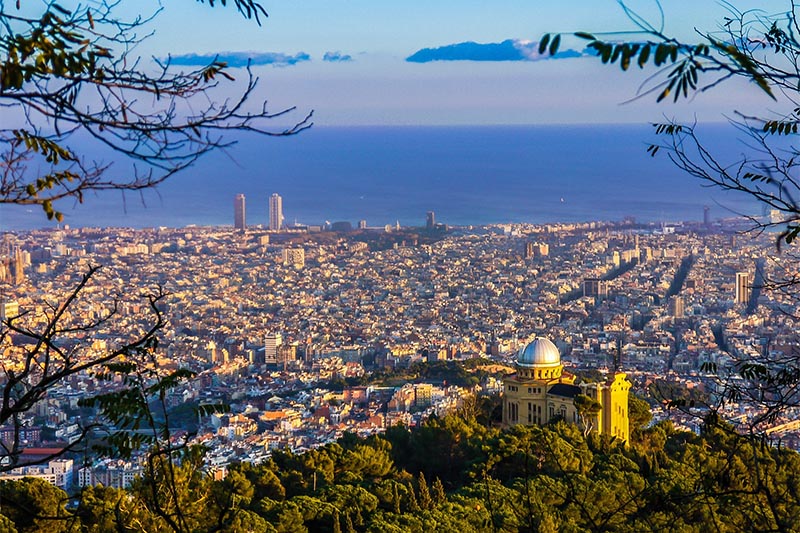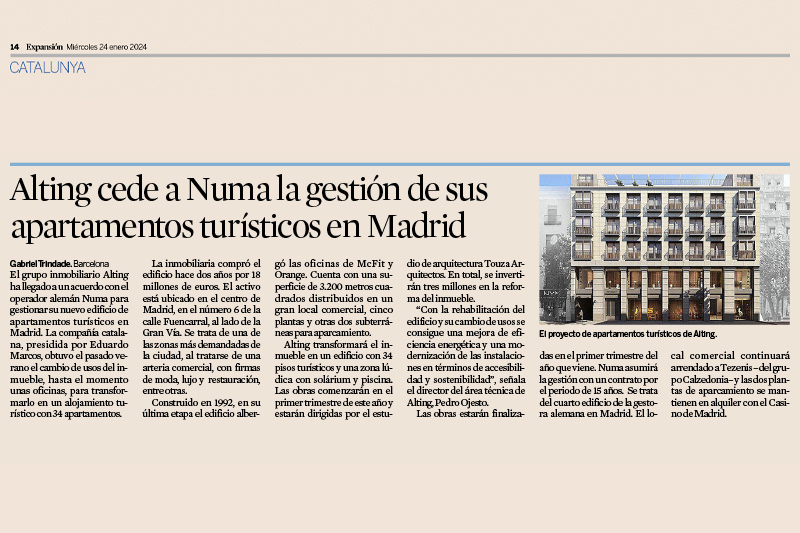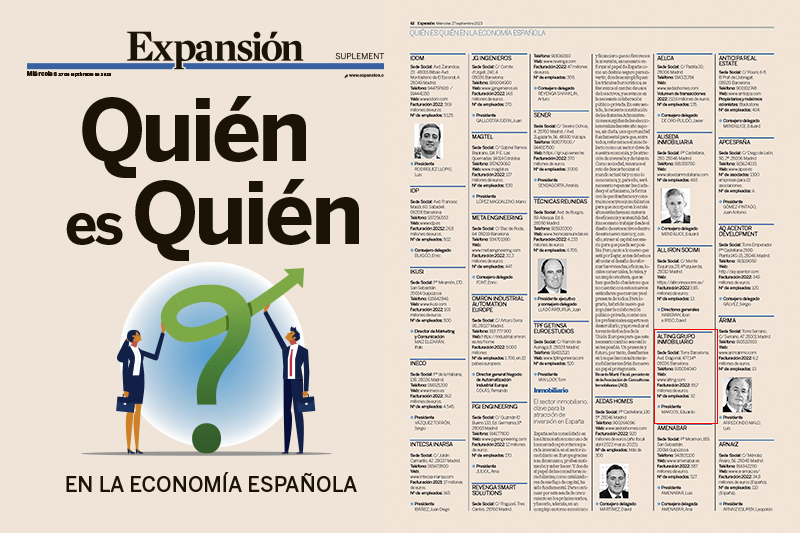Spain keeps working its way towards the “new normal”. Starting today, 70% of the Spanish population, around 32 million people, are in phase 2 of the de-escalation. Furthermore, four islands (Formentera on the Balearic Islands and La Graciosa, La Gomera and El Hierro on the Canary Islands) have entered phase 3.
The city of Barcelona and its north and south metropolitan areas are unifying to become “a single regional entity”, so starting today mobility among the municipalities in the 3 healthcare regions is allowed, meaning that residents can travel from Barcelona to El Maresme, Vallès Occidental, Vallès Oriental and Baix Llobregat.
What regions in Catalonia are in phase 1 and which are moving to phase 2?
Regions in PHASE 1:
- Barcelona and its metropolitan areas
- Lleida
Regions in PHASE 2:
- Alt Pirineu and Aran
- Camp de Tarragona
- Terres de l’Ebre
- Central Catalonia
- Girona
- Alt Penedès
- Garraf
With the progress in the de-escalation, more flexible mobility measures and the opening of shops, restaurants and terraces, the city is beginning to come back to life. Many freelancers and workers have been able to reopen their businesses, as well as service companies like hair salons, sports and cultural facilities and real estate agencies, which are able to resume in-person property tours.
The companies that have been working on adapting their offices to the new safety and health measures following the official protocols have begun to open up in person, although with just part of their staff, while the remainder keep working from home. However, other companies have chosen to incorporate and even encourage remote work as part of their new work habits and are planning to keep it in place perhaps until the end of the year.
In any event, the government has asked companies to have a staggered work schedule and guarantees that a work-home balance can be struck at the beginning of what we call the “new normal”.





